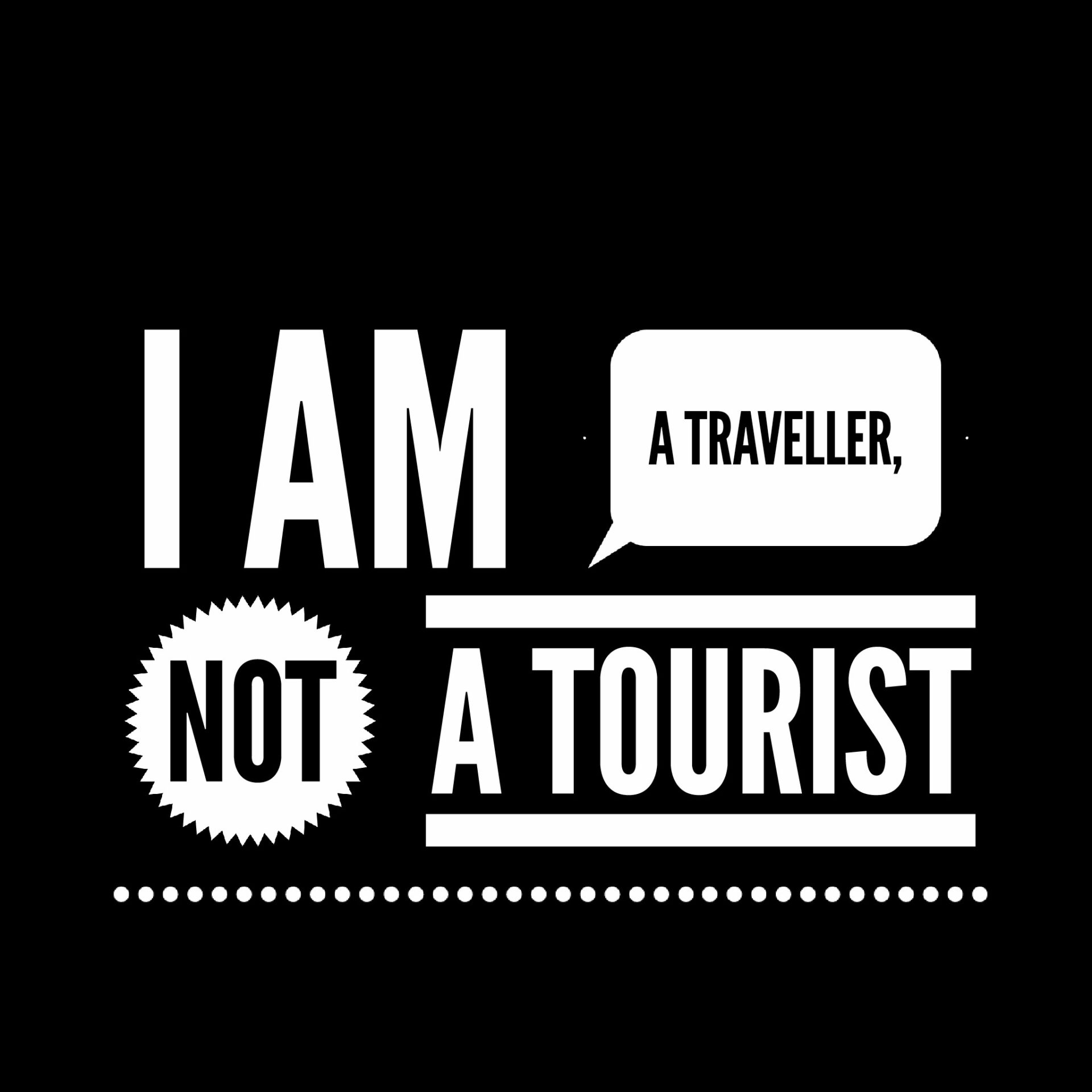Possible Preaching Themes
Possible Scientific Resources
- Gift of hospitality
- Work and self-identity
- Anxiety and stress
- The gift of hospitality (1st reading and Gospel)
- Measuring hospitality across cultures, “Assessing and understanding hospitality: The Brief Hospitality Scale” https://www.internationaljournalofwellbeing.org/index.php/ijow/article/view/839/75
- Anthropologists examine the colonial and political aspects of hospitality https://journals.openedition.org/lhomme/35525
- Environmental psychology explain what makes people feel comfortable https://metropolismag.com/projects/environmental-psychology-hospitality/;
- Scholarly examination of the relationship between hospitality, peace, tourism https://www.researchgate.net/publication/325410288_Politics_of_Hospitality_Peace_and_Tourism_Review_and_Analysis
- Work and self-identity (Gospel)
- Psychologist Janna Koretz’s brief article “What Happens when your Career becomes your Whole Identity” https://hbr.org/2019/12/what-happens-when-your-career-becomes-your-whole-identity
- “Why we define ourselves by our jobs” short article on a job centered identity https://www.bbc.com/worklife/article/20210409-why-we-define-ourselves-by-our-jobs
- “5 Psychological Theories that every Leadership Should know,” https://www.verizon.com/business/small-business-essentials/resources/one-of-the-biggest-things-that-we-try-to-do-at/
- “12 Psychological concepts for Improving employee Motivation,” http://newmethods.org/archives/psychology-concepts-employee-motivation/
- Anxiety and stress (1st reading and Gospel)
- “Anxiety feels terrible, but it has an upside” by psychoanalyst Hilary Jacobs Hendel and psychologist Juli Fraga https://time.com/6111258/good-anxiety-therapists/
- Neuroscientist Wendy Suzuki’s interview about her book Good Anxiety https://www.npr.org/2021/09/07/1034777586/good-anxiety-benefits-coping-strategies;
- on YouTube https://www.youtube.com/watch?v=K58vyodt1po
- “Anxiety Disorders” overview from the National Institute of Mental Health https://www.nimh.nih.gov/health/topics/anxiety-disorders
- “Living with Anxiety” from the British Mental Health Foundation https://www.mentalhealth.org.uk/sites/default/files/living-with-anxiety-report.pdf
Homily Outline Combining Resources
Homily outline: combining themes of “hospitality” and “anxiety”
- The lived reality of anxiety
- Anxiety is on the rise
- Evidence documents how much anxiety levels increased during the COVID pandemic.
- Although the pandemic is leveling off, anxiety levels are elevated because of multiple factors
- financial stress
- jobs
- personal relationships
- international instability
- social unrest and polarization
- While sources of stress can differ from individual to individual
- nonetheless stress and anxiety manifest themselves across our population
- Detrimental physical and psychological effects of stress are well document
- Robert Sapolsky’s celebrated Why Zebras Don’t get Ulcers – abbreviated as a YouTube lecture – well documents how stress negatively impacts our physical and mental health
- The upside of anxiety
- Researchers have searched for an “upside” to anxiety, wondering how it can be a positive rather than negative emotion
- Psychologist Wendy Suzuki believes anxiety can be productive if we get it back to the right levels
- She argues that anxiety provides information about what we appreciate and what we value; this is where “the good anxiety lives”
- It can actually be a source of productivity, as it can often be resolved with action: stress gets our muscles active to do something
- What about hospitality?
- Aren’t the first reading and today’s gospel more about hospitality?
- Why put the focus on stress or anxiety?
- Yet those readings show a link between hospitality and stress
- Notice how Abraham “runs” to greet his guests, “hastens” to Sarah to make bread, runs to the herd to pick out a steer and has a servant “quickly” prepare it?
- The gospel is more concise but has a resonant scenario with Martha welcoming Jesus and “burdened with much serving”
- Hosting others can be very stressful particularly because of the level of intimacy it presumes
- Hospitality is more than generosity
- Generosity is a relatively liberal attitude toward giving one’s own resources
- It can include anonymous transactions
- And has no necessary element of welcome
- Conversely hospitality is a face-to-face phenomenon that does not allow for anonymity
- It requires welcoming a guest into the host’s own territory
- Thus more intimate and riskier
- Generosity is a relatively liberal attitude toward giving one’s own resources
- Aren’t the first reading and today’s gospel more about hospitality?
- Hospitality as boundary breaking activity
- Hosting is both risky and potentially life-giving
- consider the contemporary challenges of immigration
- “hosting” the stranger who might take your job or bring economic growth
- The Genesis story reveals Abraham’s combination of generosity and hospitality
- He gives freely of his resources, both material and personal
- His generous hospitality resulted in new life – the gift of a son
- Martha in the gospel appears to be generous
- She is responsible for preparing and serving the food (Greek: diakonia) to their guest
- But Mary is the one who seems hospitable; engaging in intimacy with Jesus
- hospitality is valued here over generosity
- We might not imagine Jesus as a host in the gospels
- But he is often portrayed as such:
- In the six stories feeding the multitudes
- across the myriad of dining tales embedded in the gospels
- with the disciples at the Last Supper and on the shore of the sea of Tiberias (John 21)
- More metaphorically, he invites “multitudes” into the spiritual home of his life and vision of God’s reign
- Chosen apostles and Samaritan divorcees (John 4)
- Pharisees like Nicodemus (John 3), tax collectors like Zacchaeus (Luke 19) and throngs on a Galilean hillside (Matt 5)
- Rather than hospitality as colonization, Jesus’ generous hospitality is centripetal, boundary breaking and liberating
- Risking intimacy with the unclean and outcasts
- Upsetting authorities who sanitize their generosity, devoid of interpersonal encounter
- Revealing something new about the very hospitality of God
- In his hospitality, Jesus gives new life and risks death
- Such hospitality is placed at the very center of Jesus’ vision of ultimate judgment (Matt 25:35)
- But he is often portrayed as such:
- Hosting is both risky and potentially life-giving
- Eucharist missions us into the hospitality of God
- God in Christ through the Spirit sets the table, breaks the Word and the Bread for us each Sunday
- While it doesn’t raise God’s blood pressure, eucharist is always a divine risk, a holy gamble
- Inviting sinners into unspeakable intimacy
- However, the expectations of eucharist might raise our blood pressure
- its gospel of radical inclusion
- call to do justice echoing through today’s Psalm
- mission to move beyond generosity and embrace the hospitality of Jesus
- This is “good anxiety” because it is for the common good
- Such “spiritual stress” is resolved with “action,” providing a Gospel “to do list”
- As today’s Psalm reminds us: “One who does these things shall never be disturbed”
Related Homily Outlines
Couldn’t find what you’re looking for?
Try searching with another filter

Preaching with Sciences

Edward Foley, Capuchin
Duns Scotus Professor Emeritus of Spirituality
Professor of Liturgy and Music (retired)
Catholic Theological Union
Vice-Postulator, Cause of Blessed Solanus









